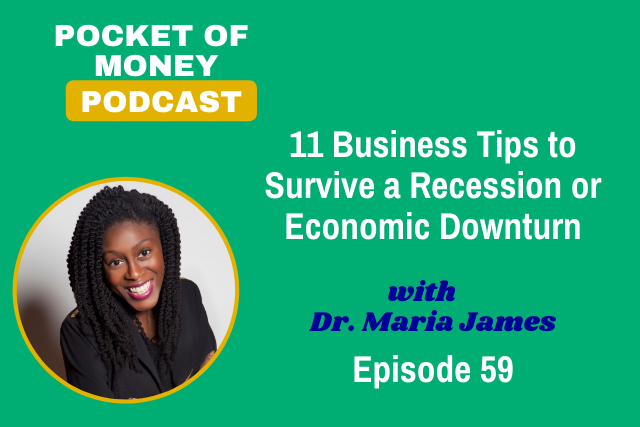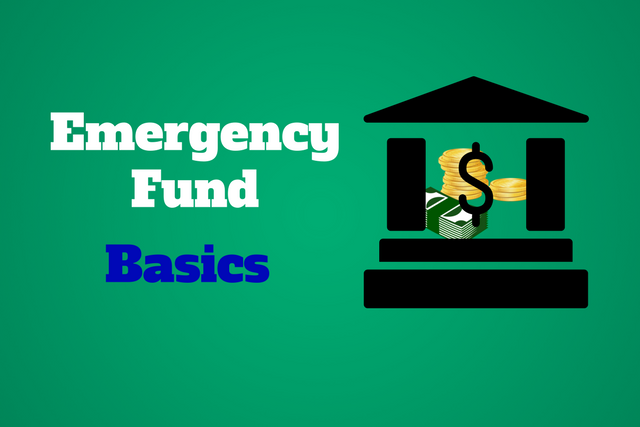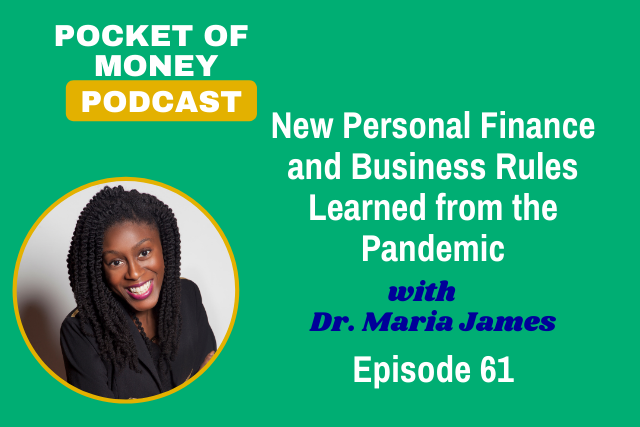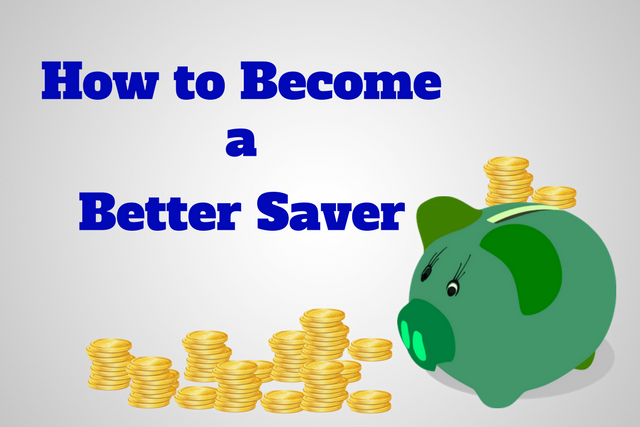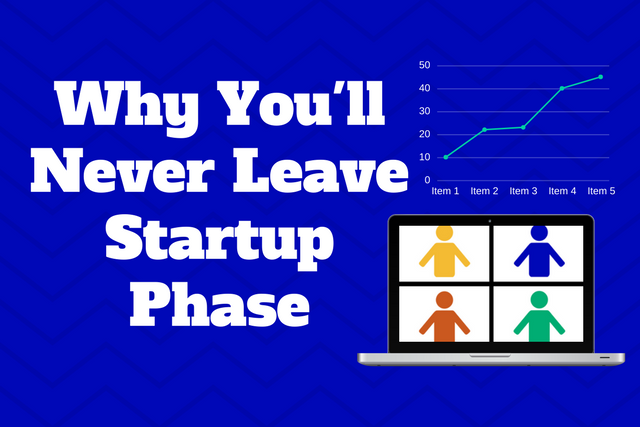7 Mistakes to Avoid while Eliminating Your Debt

Paying off your debts would be the best option if you are ready to devote yourself to it and make the required sacrifices. Eliminating debt entails much more than getting rid of credit cards. It involves learning the art of budgeting, knowing the importance and benefits of leading a frugal lifestyle, and prioritizing and saving for debt. Additionally, your debt payback history positively impacts your credit score. A good credit score benefits you by facilitating access to emergency loans and enabling you to qualify for low-interest mortgage loans.
But there are some noticeable mistakes that you need to avoid while paying off your debts. Here are a few of them, let’s check them out.
1. Not making a payoff strategy
Just deciding to pay off your debts won’t be enough to achieve your goal. You need to see through your goal, which primarily includes making a plan. The first step is to create a sequential order for your debts, determining which debt to pay off early. Typically, the debts with high-interest rates need to be first on the list—for example, payday loans, credit cards, etc. Various companies provide services such as credit card consolidation, payday loan settlement, and many more. Low-interest debts such as mortgages, which have tax breaks, are lower priority. Paying them off in the scheduled time would be more beneficial.
You can apply the debt avalanche method to pay off your high-interest debts initially or use the debt snowball method to eliminate your low-balance debt first. But this won’t quicken up the process. To shorten this process of multiple debt repayments, you need to make more than the minimum payments each month. Budgeting and reducing unnecessary expenses are the first steps toward this process. This will help you save more by repaying your creditors. But above all, you must have a clear list of how much you owe each creditor.
2. Paying extra to each creditor
The decision to pay off debt comes with extra payment to your creditors. Though it may sound highly advantageous, unfortunately, it’s not. It consistently slows down your progress. To avoid this, instead of adding an extra amount to each of your payments, select a particular debt that comes first on your list, and pay the total extra cash to that specific creditor. But don’t forget to continue with the minimum payments with the rest. This will make the debt elimination process faster and easier, as it will help you visualize your progress and help you stay motivated.
Debt consolidation is another strategy that you can put to use. It involves taking a single new loan with a low-interest rate to pay off your existing debt. Now you only have a single loan to worry about, which you can pay for a longer period at low-interest rates. This will assist you in tracking your debt repayment progress and managing your finances.
3. Retaining past spending habits
Habits are indeed hard to change, but clinging to your old habits won’t help you save money. Human beings’ natural tendency is to hold on to their favorites. And these favorites become expensive every day we try something new and appealing. But choosing the best (which is almost always expensive) won’t help you maintain a frugal lifestyle which is unavoidable if you are willing to be debt-free in the near future. The initial steps would be to make your own coffee rather than ordering from Starbucks. It can be followed by reducing items from your cart in your shopping app and choosing to walk for 10 minutes rather than booking an uber. You only need to change the way you implement your habits on a daily basis.
4. Not using a budget plan
Financial stability is highly dependent on budgeting. It is very difficult to control your finances without a proper budget plan. So, for balancing your finances, you need to create a budget plan which must include every necessary financial aspect like shelter, food, medical expenses, education, insurance, etc. Once you are confident about your decision to pay off debt, budgeting is the best way to start.
5. Not keeping track of your progress
Keeping track of your progress will serve as a source of constant motivation for you. The satisfactory feeling when you see the reduction in your debt balance will help you put more effort into it. This will help you retain the responsible outlook you have built so far. Tracking your progress, on the other hand, will also assist you in recognizing the severity of the situation if you hardly notice any improvement. After a few months of effort, if you feel the progress is too slow to be continued, you might consider other options. It might include debt consolidation, an increase in your payment amounts, or extreme steps, for example, bankruptcy or debt settlement, depending on the severity of your finances.
6. Not contributing to an emergency fund
Unexpected expenses are the least you have been worried about all these days. However, are you confident that you have enough to pay for an unexpected car repair, medical emergency, or a month of unemployment? Because these catastrophes are mostly unpredictable, saving for them in advance is critical. Without an emergency fund, these unexpected events will make you dig deeper into debt. To avoid those circumstances, create an emergency fund, to which you contribute at least 5% of your income.
7. Closing accounts once your debt is paid off
Credit reports include your debts and the amount of accessible credit you have. So, maintaining the account even after your debt has been paid off demonstrates your control over costs and financial credibility. Showing this self-restricted financial habit will improve your credit score.
Bottom line
So, once you have decided to pay off your debt, these are the common mistakes to watch out for. Remember planning, budgeting, eliminating a single debt at a time, and considering expert help are keys to unlocking a debt-free lifestyle. This process is not short, so you need to stay put and hold on to your motivation. So, buckle up, and embark on your voyage!
Author’s Bio: Lyle Solomon has extensive legal experience as well as in-depth knowledge and experience in consumer finance and writing. He has been a member of the California State Bar since 2003. He graduated from the University of the Pacific’s McGeorge School of Law in Sacramento, California, in 1998, and currently works for the Oak View Law Group in California as a principle attorney.

